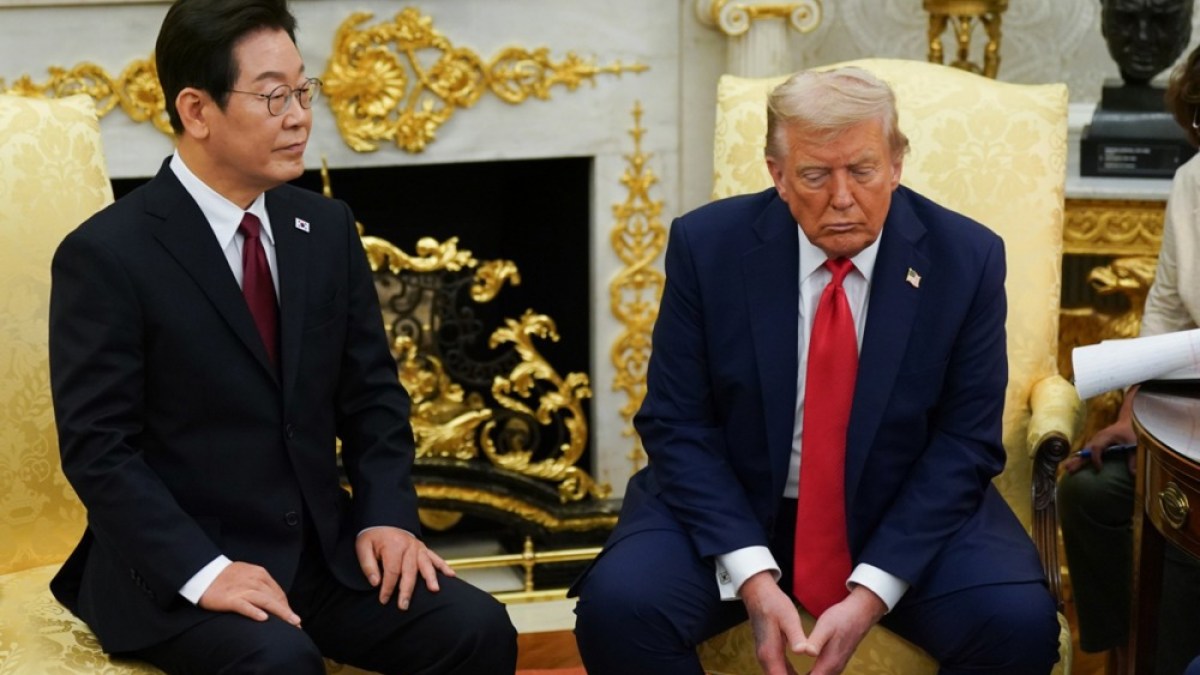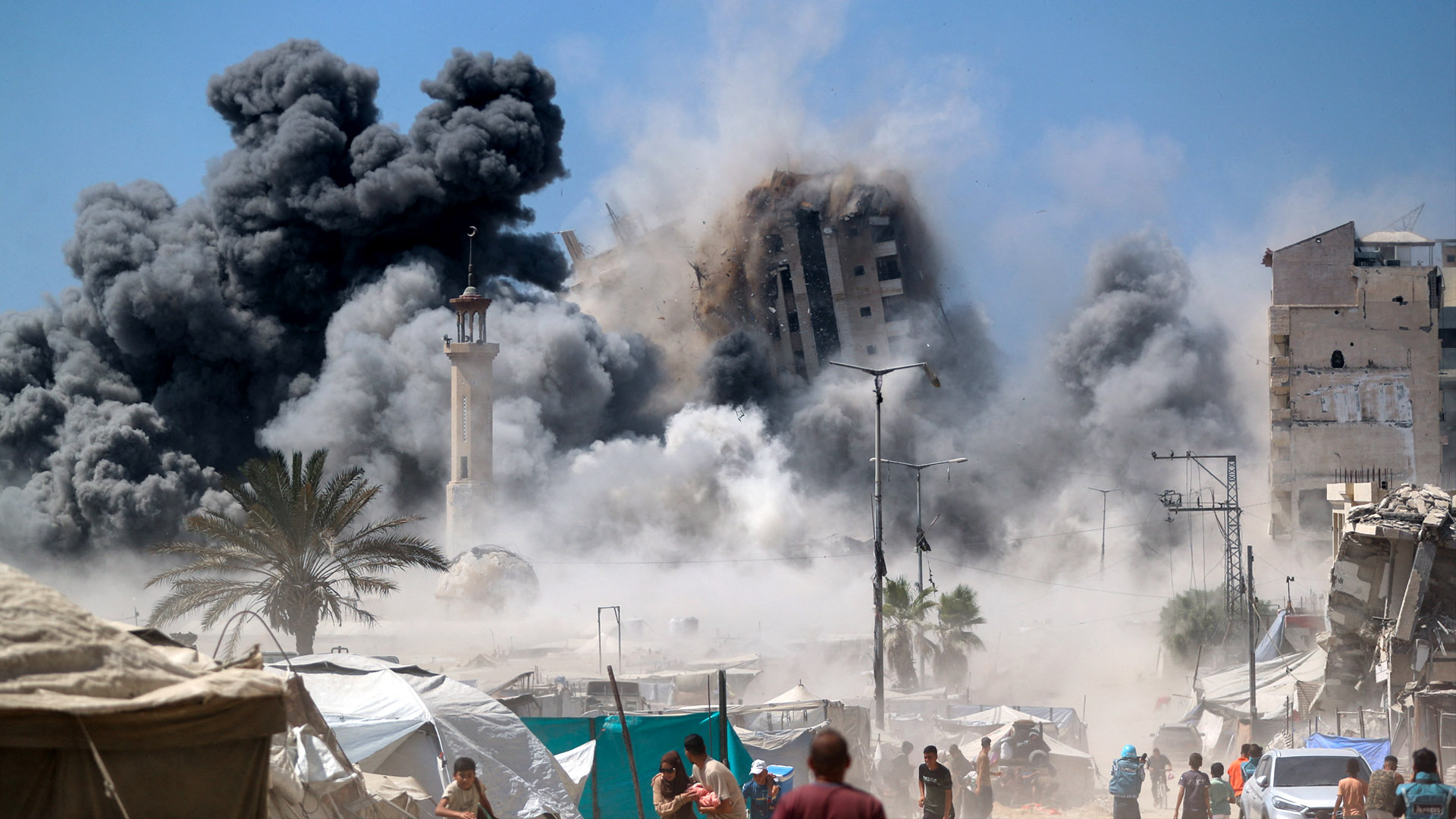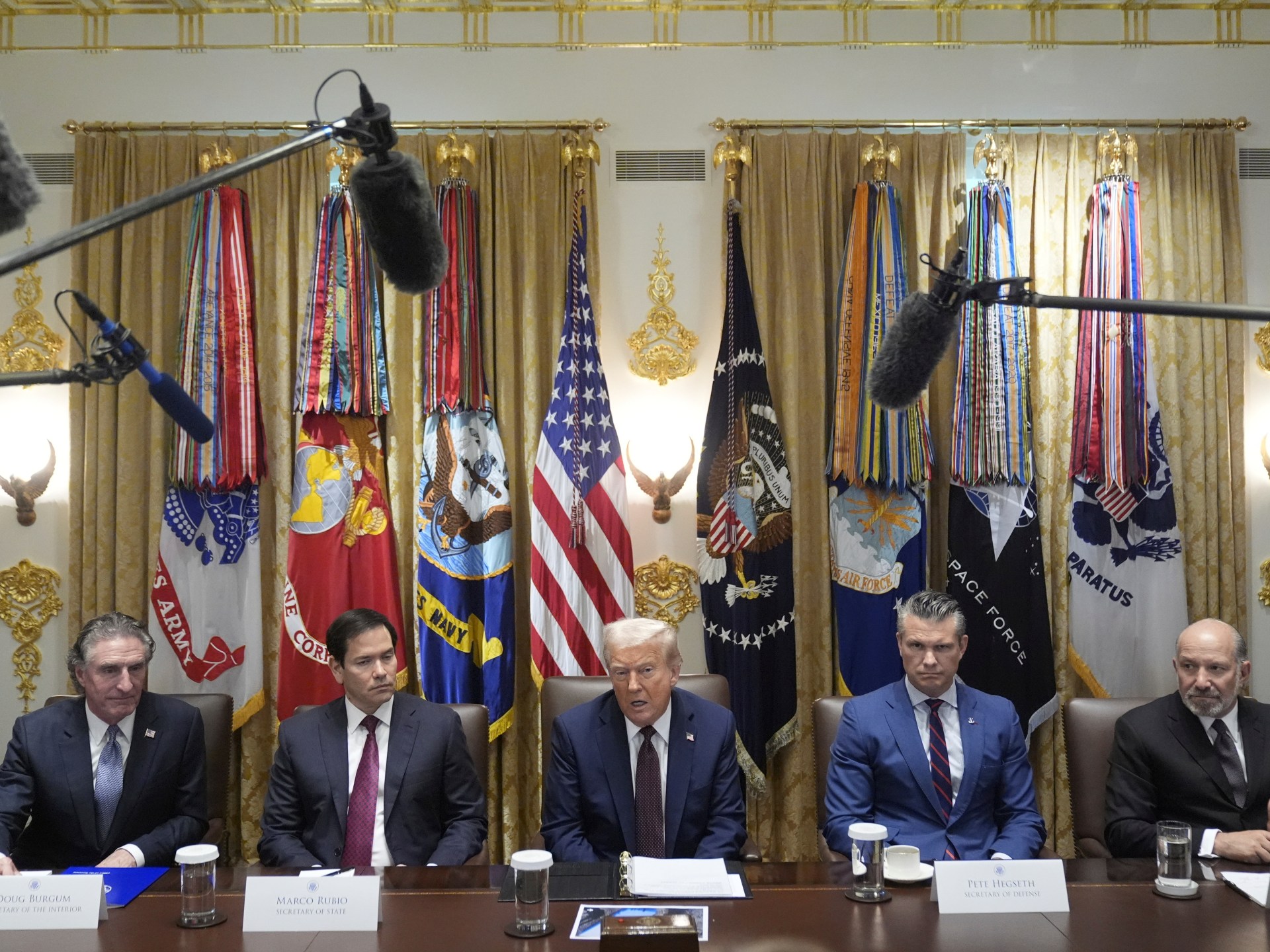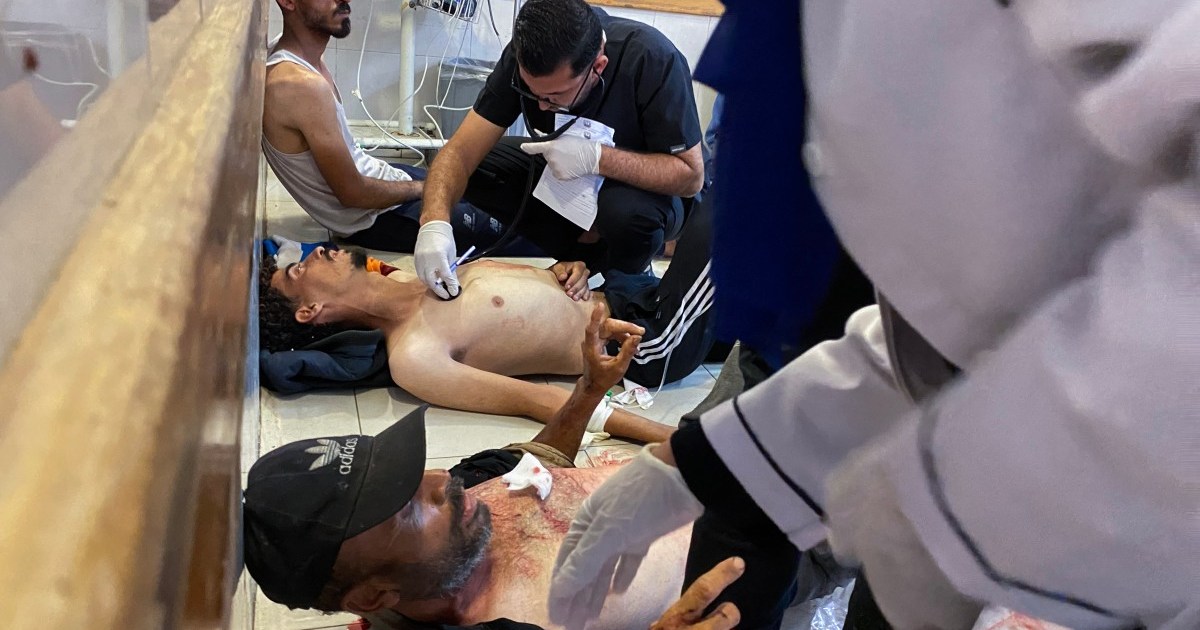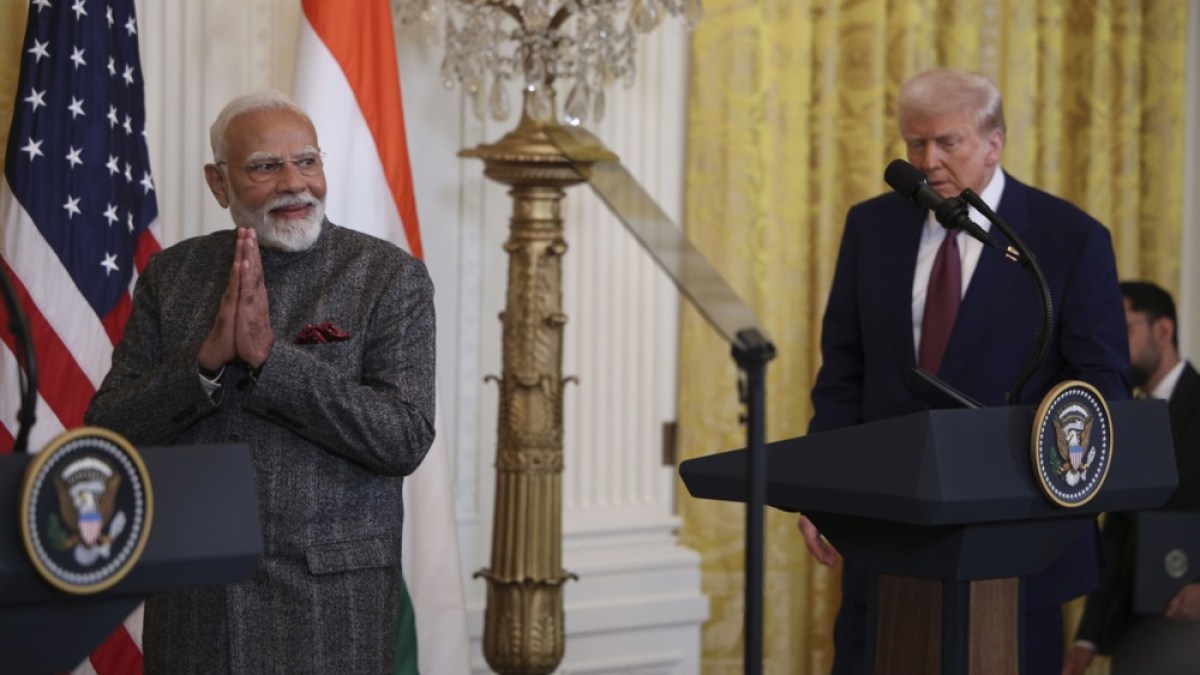In response to the arrests of hundreds of citizens of South Korea during an immigration raid on a Hyundai Motor-LG car battery factory in the US, president Lee Jae-myung has ordered full action.
The largest single-site enforcement operation led by the Immigration and Customs Enforcement (ICE), an arm of the US Department of Homeland Security, on Thursday saw the arrest of some 475 workers at the plant near Savannah in the southern US state of Georgia, with more than 300 of them coming from South Korea.
Recommended Stories
list of 3 itemsend of list
South Korean Foreign Minister Cho Hyun remarked on Saturday that President Lee had given officials instructions to resolve the issue, stating that neither the rights nor the businesses that invest in the US should be violated, as well as South Korean nationals’ investment interests, according to South Korea’s official Yonhap news agency.
Cho claimed that the government has set up a team to deal with the arrest of more than 300 Koreans at the Georgian facility, which is currently under construction, and that he may travel to Washington, DC to meet with officials.
Before a Saturday emergency meeting to address the incident, Cho was quoted by Yonhap as saying, “We are deeply concerned and feel a heavy sense of responsibility over the arrests of our nationals.”
He said, “We will talk about inviting a senior Foreign Ministry official to the location without delay, and if necessary, I’ll personally travel to Washington to consult with the US administration.”
As part of US President Donald Trump’s escalating immigration crackdown, the plant’s purpose is to supply batteries for electric vehicles.
Trump said at an event at the White House on Friday that he would say that the immigration raid was just doing its job and that they were illegal aliens.
Some detained had illegally crossed the US border, others arrived with visas that forbade them from working, and some of them had overstayed their work visas, according to ICE official Steven Schrank, who defended the detentions.
The detentions “could pose a serious risk” to the country, according to South Korea’s opposition People Power Party (PPP).
PPP chairman Jang Dong-hyeok said in a statement that “this is a grave issue that could have a significant impact on Korean businesses and communities across the United States.”
Lee’s “pragmatic diplomacy” toward the US, according to senior PPP spokesman Park Sung-hoon, “failed to ensure both the safety of citizens and the competitiveness of South Korean businesses.”
He claimed that Lee’s government even offered at least $50 billion in investments during a recent meeting with Trump, which only led to a “crackdown” against South Korean citizens.
Hyundai stated in a statement that it was “closely monitoring” the situation, noting that none of the detained people “is directly employed by the company.”
LG Energy Solution stated that it was “gathering all pertinent details,” adding that it “will fully cooperate with the relevant authorities.”
